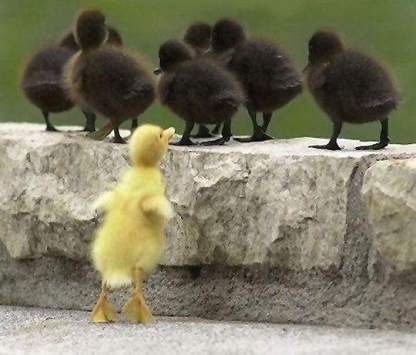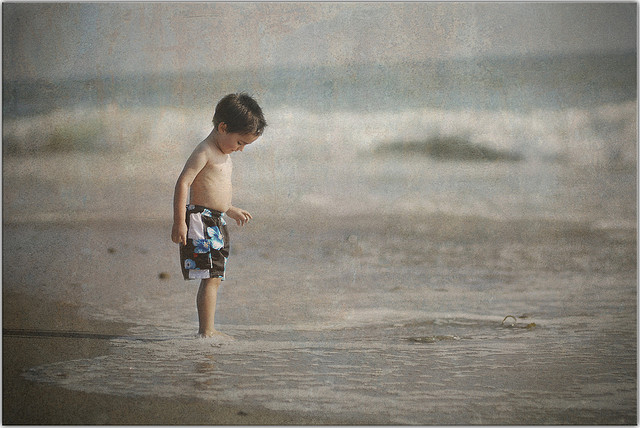
First posted on August 27, 2013
When we are children we seldom think of the future.
This innocence leaves us free to enjoy ourselves as few adults can.
The day we fret about the future is the day we leave our childhood behind.
Patrick Rothfuss
Before there was maturity, adult ways, sexual attraction and worries of the world the uncorrupted simplicity of childhood filled me. A good while prior to “liking” a girl, studying for tests, giving book reports or choosing sides on the playground was the beautiful naivety of a child.
I am reminded of myself long ago by stories I am told by my best friend about one specific grandchild. This young man daily exhibits the unrestrained innocence of the first few years of life better than most. One particular habit of his is laughing fits before bed, brought on especially when he is tired. Over time it’s been noted when a strong laughter episode overtakes him before bed he sleeps even better than usual. I suspect the world would be a better place if all of us had a genuine laughing fit before nodding off each night.
Clearly I recall how ‘grown up’ and happy I was to take breakfast to my father. I was four years old. My Dad, Mom, little Brother and I lived in the country where my parents operated a small store and gas station. The little two room house where we lived was down a dirt road about a hundred yards away. That day I had the honor of walking breakfast over to my Father who opened the grocery very early each morning.
In a small box with the sides cut down to about four inches high my Mother had placed a plate with aluminum foil covering scrambled eggs, bacon and toast. Black coffee was in a pint canning jar. I was told to be very careful and walk slow. That’s exactly what I did and felt so very proud to be trusted with such an honor as taking my Dad his breakfast. Carrying the box hid the immediate view in front of me and I stubbed my toe badly. I dropped the box and the coffee jar broke. I was so disappointed and humiliated plus my toe was hurt and bleeding.
The breakfast was held on the plate by the foil and that is all I arrived with to give my Father through my tears. No one got on to me. I was not in trouble. I was only disappointed with myself. It was the first of such a feeling I can remember and a little of my innocence was lost that day.
I am grateful to remember…
Sometimes,
I miss so much the person
that I was before the world
tore me up in so many places.
C. Joybell C.
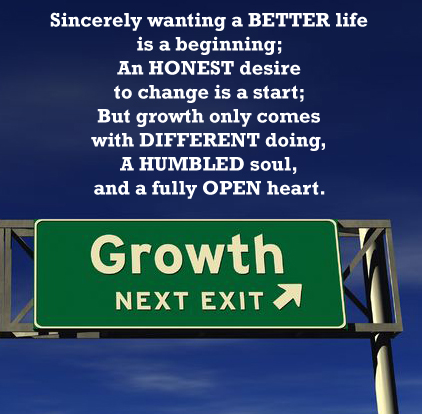
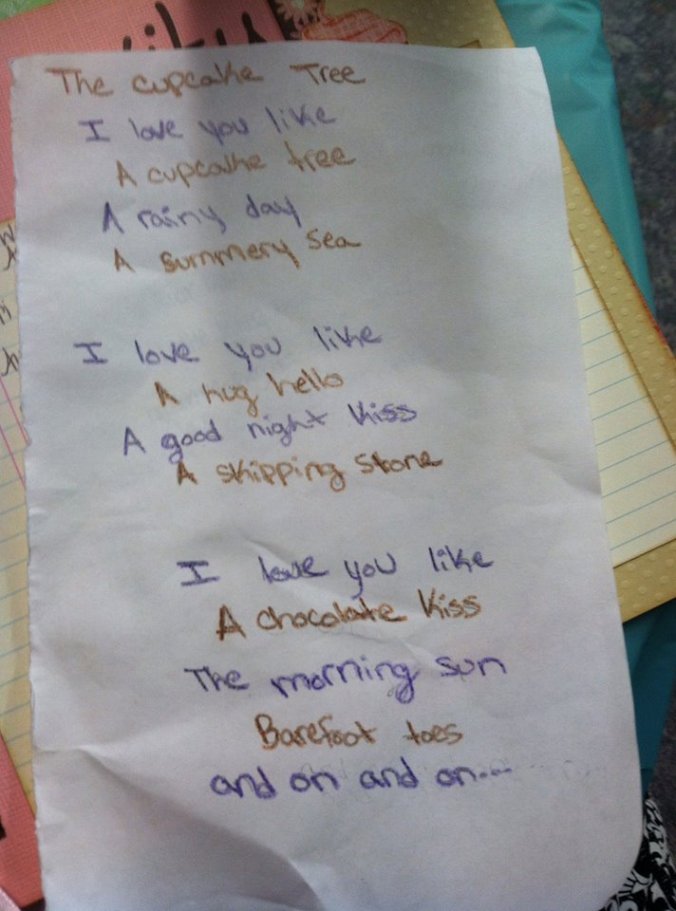 Written by a baby sister to her older sibling for a “cupcake” themed baby shower
Written by a baby sister to her older sibling for a “cupcake” themed baby shower
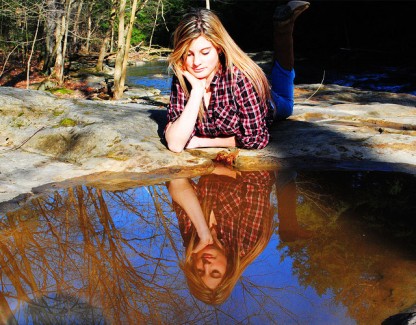


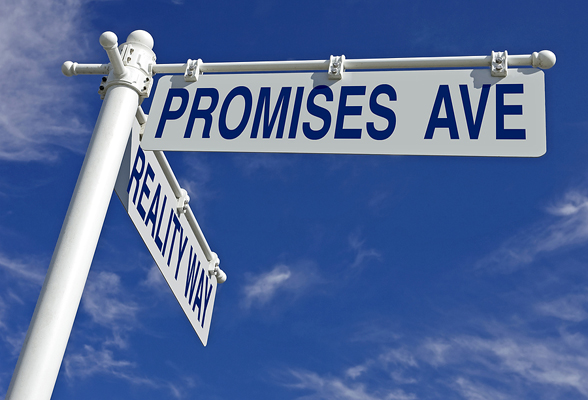
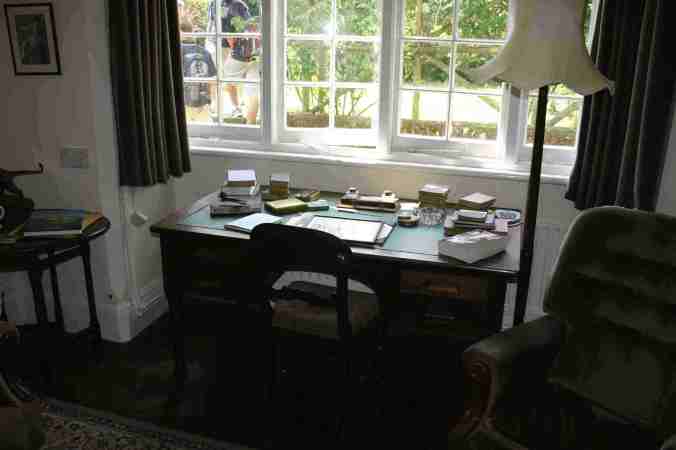 This morning browsing for a quotes something C.S. Lewis wrote came into my view: When I was ten, I read fairy tales in secret and would have been ashamed if I had been found doing so. Now that I am fifty, I read them openly. When I became a man I put away childish things, including the fear of childishness and the desire to be very grown up. Those words started me thinking how absurd a good bit of what society defines adulthood is.
This morning browsing for a quotes something C.S. Lewis wrote came into my view: When I was ten, I read fairy tales in secret and would have been ashamed if I had been found doing so. Now that I am fifty, I read them openly. When I became a man I put away childish things, including the fear of childishness and the desire to be very grown up. Those words started me thinking how absurd a good bit of what society defines adulthood is.